Introduction to Sustainable Packaging
Sustainable packaging is an eco-friendly approach to packaging design and materials that aims to reduce environmental impact and waste. This involves using materials that are easily recyclable, biodegradable, or derived from renewable sources. The ultimate goal is to create a circular economy where waste is minimized and resources are continually reused.
The Crisis of Plastic Pollution
The current global waste crisis is a significant factor driving the shift towards sustainable packaging. In 2018 alone, the U.S. generated a staggering 291.4 million tons of waste, 12% of which was packaging material of some kind. This waste ends up in landfills and oceans, releasing harmful gases and posing a threat to marine life. The grim reality is that our reliance on plastic and other non-biodegradable materials for packaging is contributing to an environmental catastrophe.
The Power of Consumer Demand
Consumer awareness of packaging waste and its detrimental impact on the environment has grown exponentially over the past few years. Today, consumers are demanding more than just high-quality products; they also want the packaging of those products to be sustainable and eco-friendly. A significant 74% of consumers are actively seeking brands that prioritize sustainable packaging. This shifting consumer perspective is encouraging brands to rethink their packaging strategies and seek out eco-friendly alternatives.
Government Regulations on Packaging
Governments worldwide are responding to public outcry against packaging waste, particularly single-use packaging, by implementing stringent regulations. These regulations aim to reduce environmental waste and improve waste management processes. For instance, New York has reinstated a ban on Styrofoam, a material commonly used for takeaway cartons and loose-fill packaging. Similar bans are being introduced in other U.S. cities, signalling a clear shift towards more sustainable packaging options.
The Proactive Approach of FMCG Companies and Retailers
Fast-Moving Consumer Goods (FMCG) companies and retailers are proactively taking steps to improve the sustainability of their packaging. In addition to reducing plastics usage and creating innovative packaging designs, these companies are also focusing on full recyclability and a significant increase in recycled content. Companies are beginning to experiment with complete packaging redesigns and a fundamental rethinking of their delivery chains, including circular delivery models.
The Role of Packaging Converters
Packaging converters play a crucial role in the shift towards sustainable packaging. They are responsible for transforming raw materials into finished packaging products. To meet the rising demand for eco-friendly packaging, converters must invest in innovation and develop new materials and designs that are not only sustainable but also cost-effective and functional.
The Future of Sustainable Packaging: Innovative Alternatives
Several innovative sustainable packaging alternatives have emerged in recent years, offering eco-friendly solutions for various packaging needs. Here are some examples:
-
Biodegradable Packaging Peanuts: These are an eco-friendly alternative to Styrofoam packaging peanuts, offering the same cushioning protection for fragile items during shipping without the environmental impact.
-
Corrugated Bubble Wrap: This is a sustainable alternative to traditional plastic bubble wrap, made from up-cycled corrugated cardboard.
-
Air Pillows Made from Recycled Content: These inflatable air pillows are an excellent eco-friendly alternative to Styrofoam or bubble wrap. They are made from 100% recycled materials and can be reused, recycled, and are even biodegradable.
-
Recycled Cardboard and Paper: Cardboard and paper can be recycled several times, making them a sustainable choice for packaging.
-
Cornstarch Packaging: This packaging is made from the organic material cornstarch, which has plastic-like properties.
-
Mushroom Packaging: This innovative packaging solution is made from agricultural waste fused together by a matrix of mushroom roots, creating a sustainable and biodegradable packaging material.
-
Seaweed Packaging: This eco-friendly packaging solution is made from the gelatinous substance agar, which is found in various seaweeds and algae.
-
Biodegradable Plastics and Recycled Plastics: For situations where plastic packaging is the only viable solution, biodegradable plastics and recycled plastics offer a more sustainable alternative.
TAPP Water Malta's Choice of Sustainable Packaging
TAPP Water Malta, a leading provider of sustainable water filters, has made the conscious decision to use POLLAST!C packaging from Better Packaging Co for its products. POLLAST!C is made from 100% recycled Ocean Bound Plastic pollution, making it a game-changing solution in the realm of sustainable packaging.
By choosing POLLAST!C, TAPP Water Malta is not only reducing its environmental impact but also aligning itself with the growing trend of companies prioritizing sustainable practices. This step further solidifies TAPP Water Malta's commitment to environmentally responsible business practices, demonstrating that it is possible to deliver quality products while caring for the environment.
POLLAST!C - sustainable packaging that delivers a whole lot of good
BCorp Better Packaging Co. is a carbon neutral BCorp founded by
Rebecca Percasky and Kate Bezar in 2018 with EU distribution originating in the Netherlands. (Image from Better Packaging Website)
POLLAST!C is made from Certified Ocean Bound Plastic - plastic pollution that meets the criteria set by the company so that the collection and use of the pollution collected helps alleviate poverty by paying for the plastic that is collected and then turning it into a product that is useful.
80% of the worlds marine plastic pollution is in Asia and so that's where the plastic used in POLLAST!C originates from.
Conclusion
The shift towards sustainable packaging signifies a significant step forward in our collective efforts to mitigate the environmental impact of waste. As we continue to innovate and explore new eco-friendly materials and designs, we can hope to create a more sustainable future for our planet. Through the efforts of companies like Better Packaging Co, we are seeing that it is indeed possible to meet consumer needs while maintaining a commitment to sustainability.

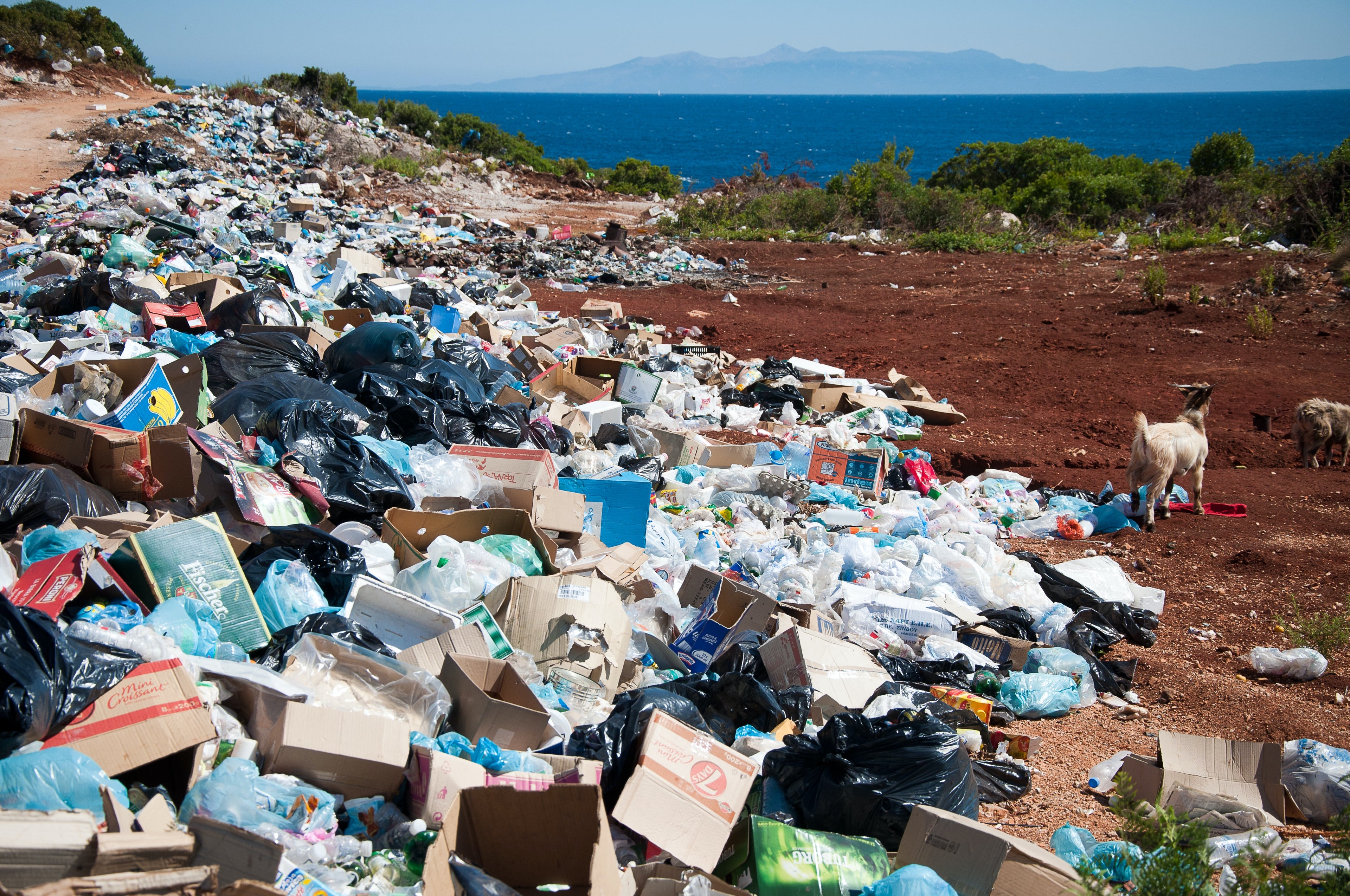
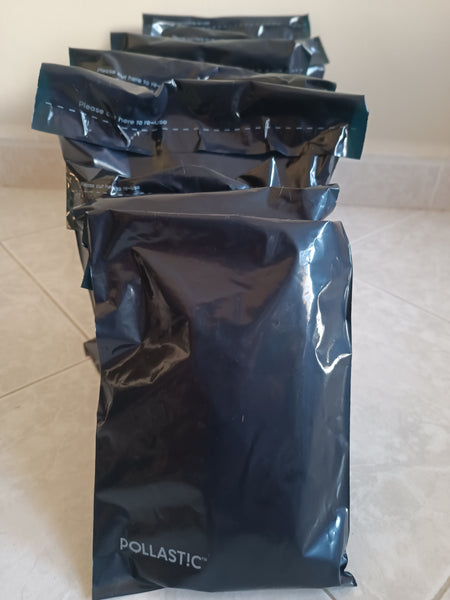

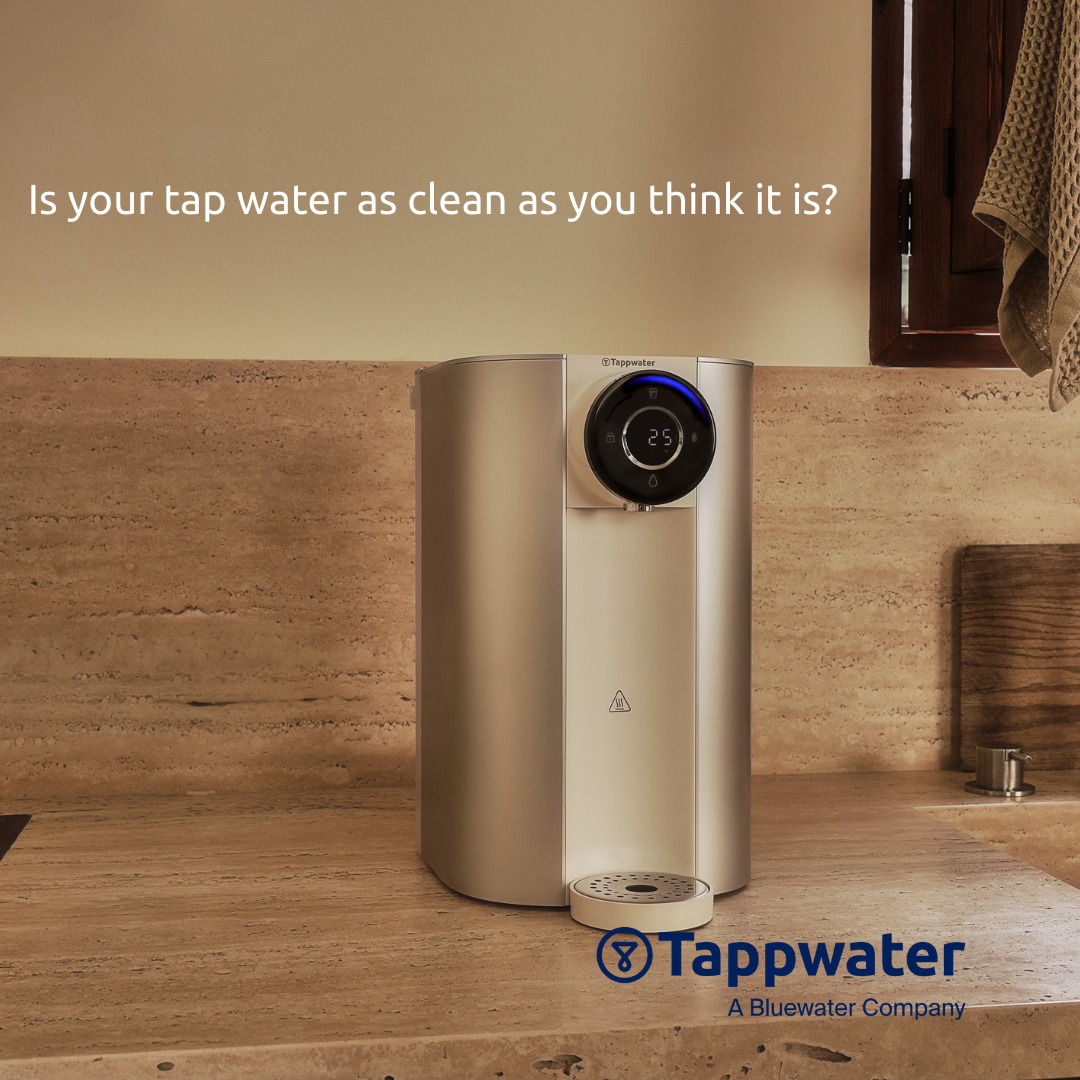
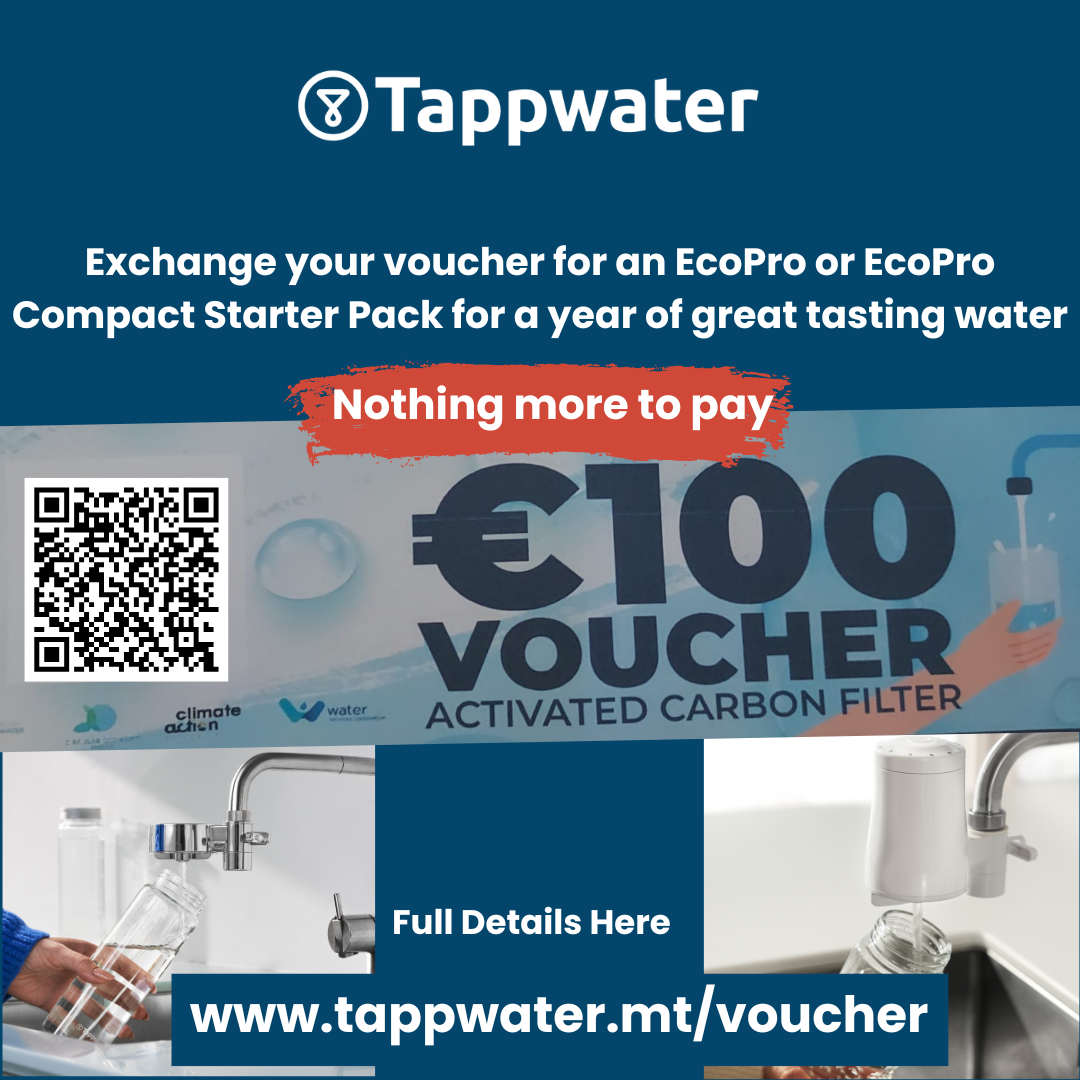
![[WATCH] Malta's Tap Water Challenge: The Tappwater Solution. A Look at the Science, the Tests, and the Deliciously Clean Results.](http://tappwater.mt/cdn/shop/articles/Why_We_lab_tested_maltas_water_Sqaure.png?v=1756738451&width=1080)
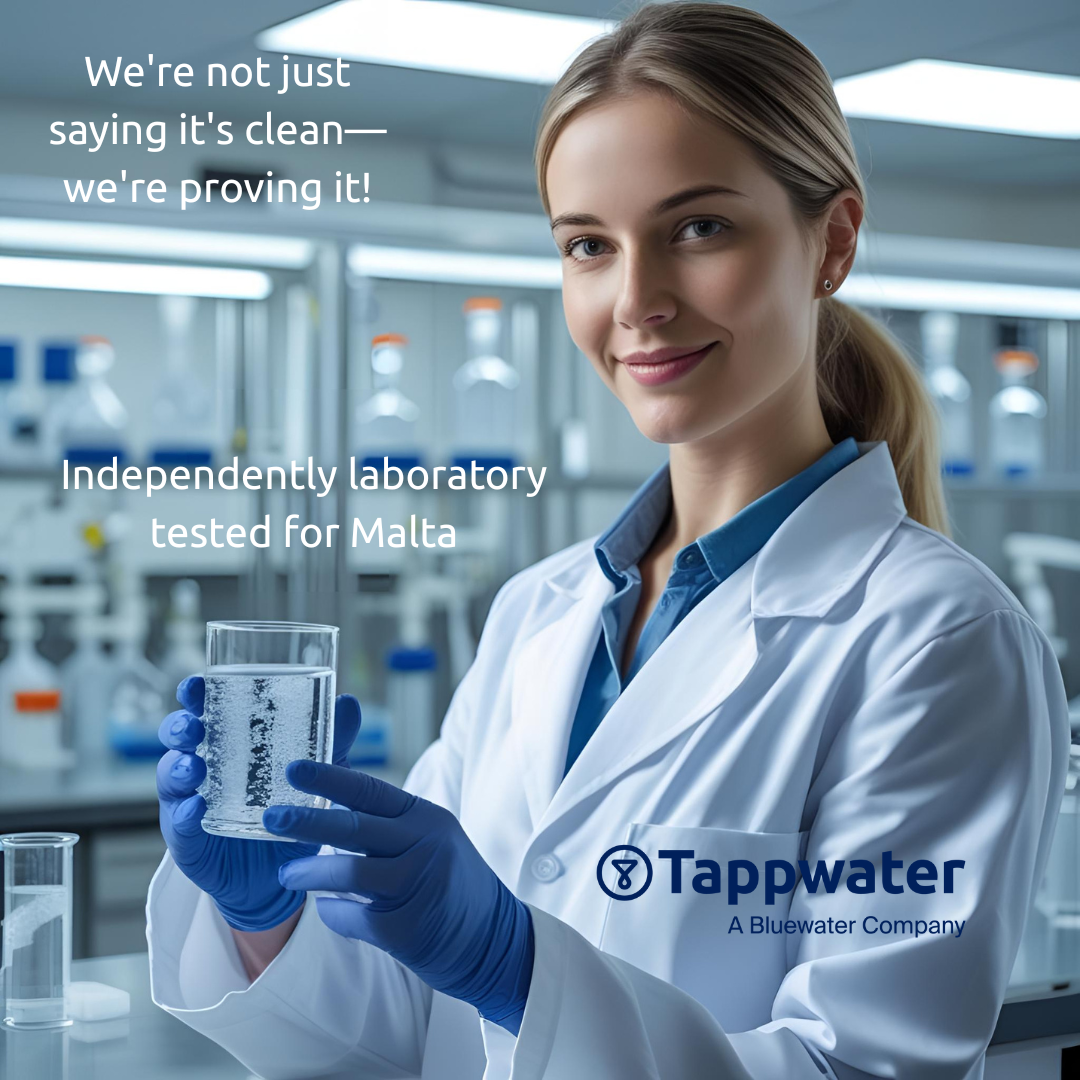
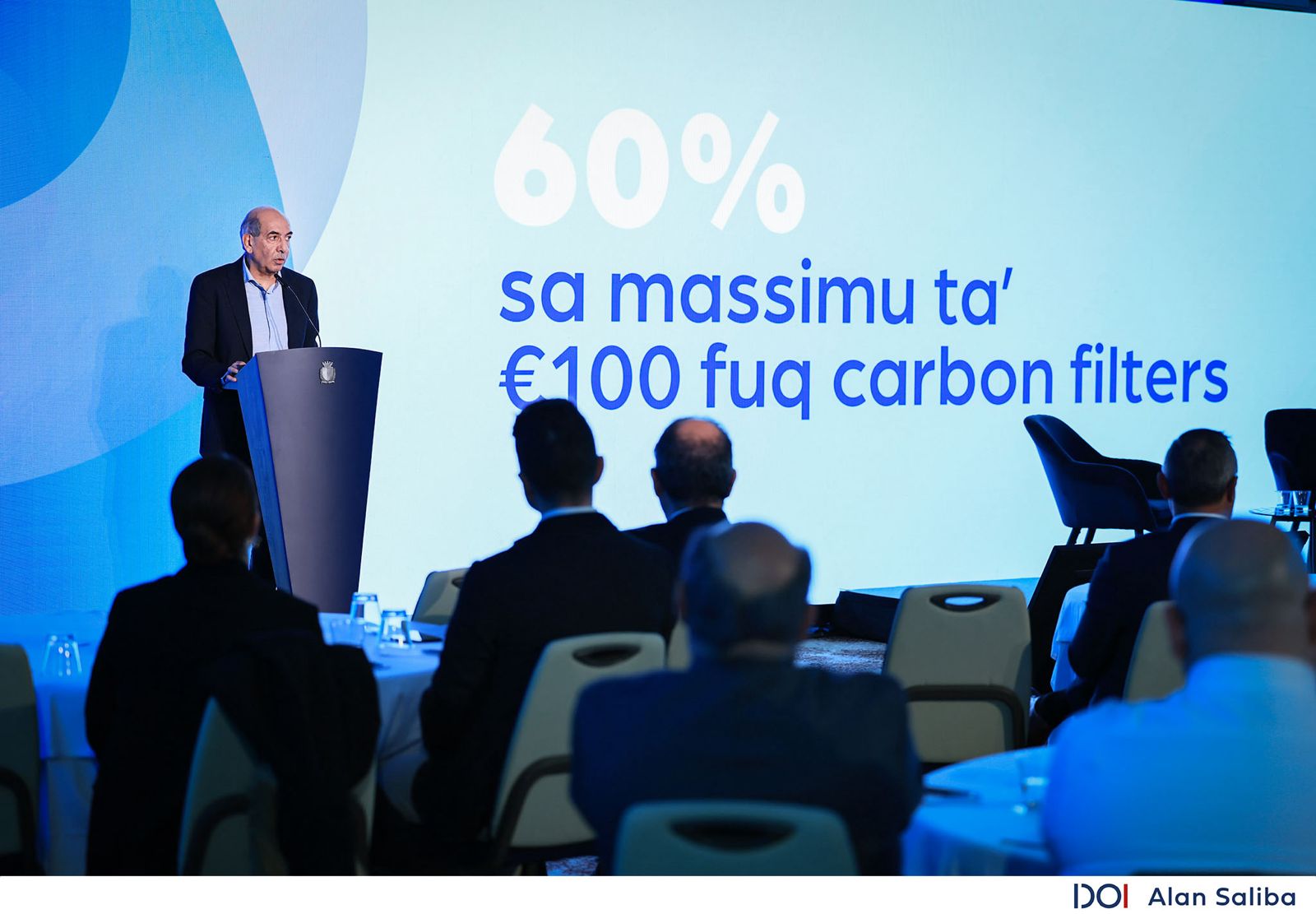
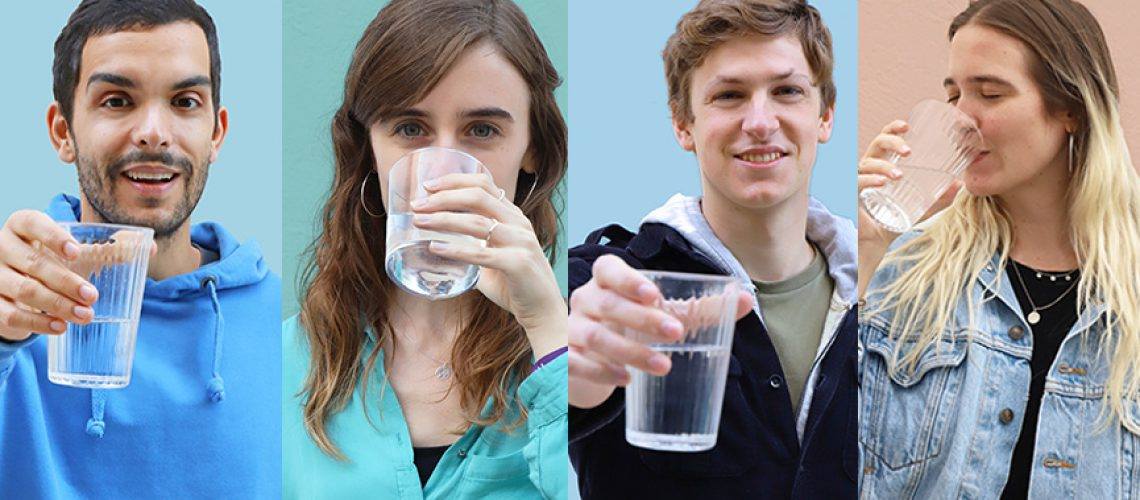
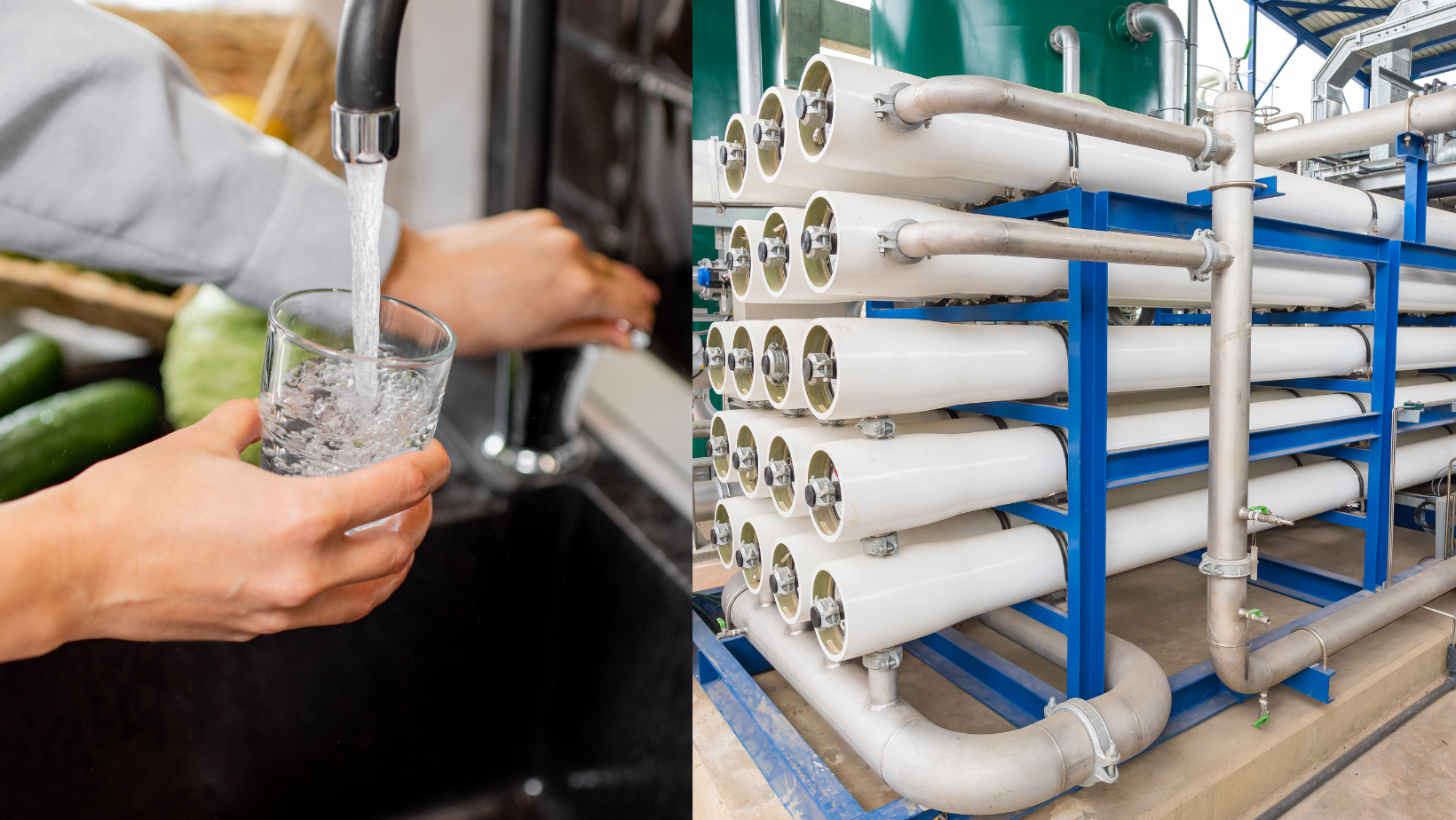
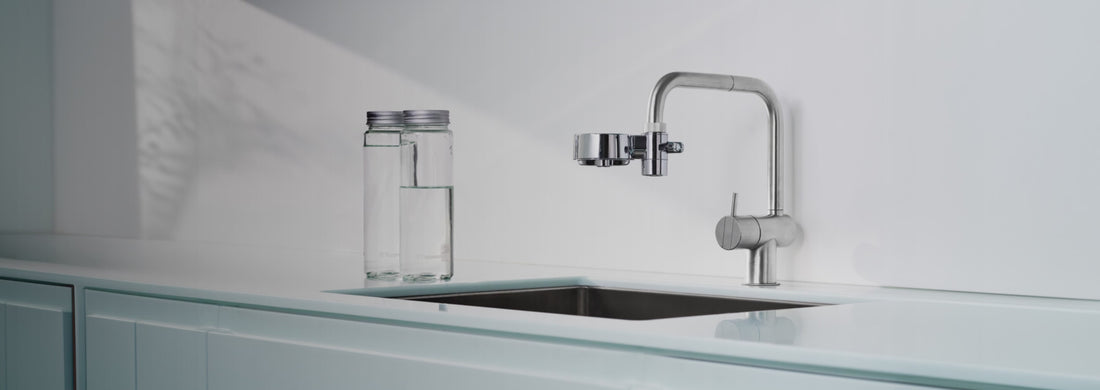

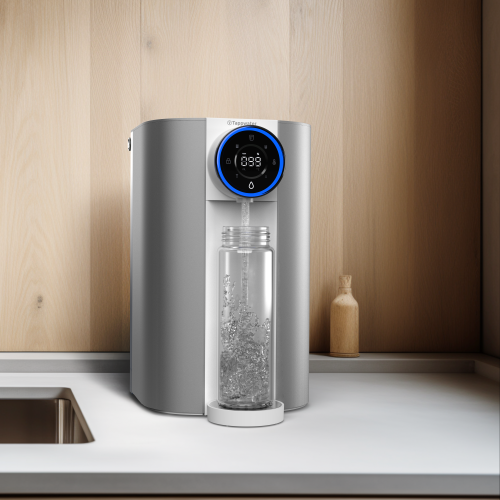
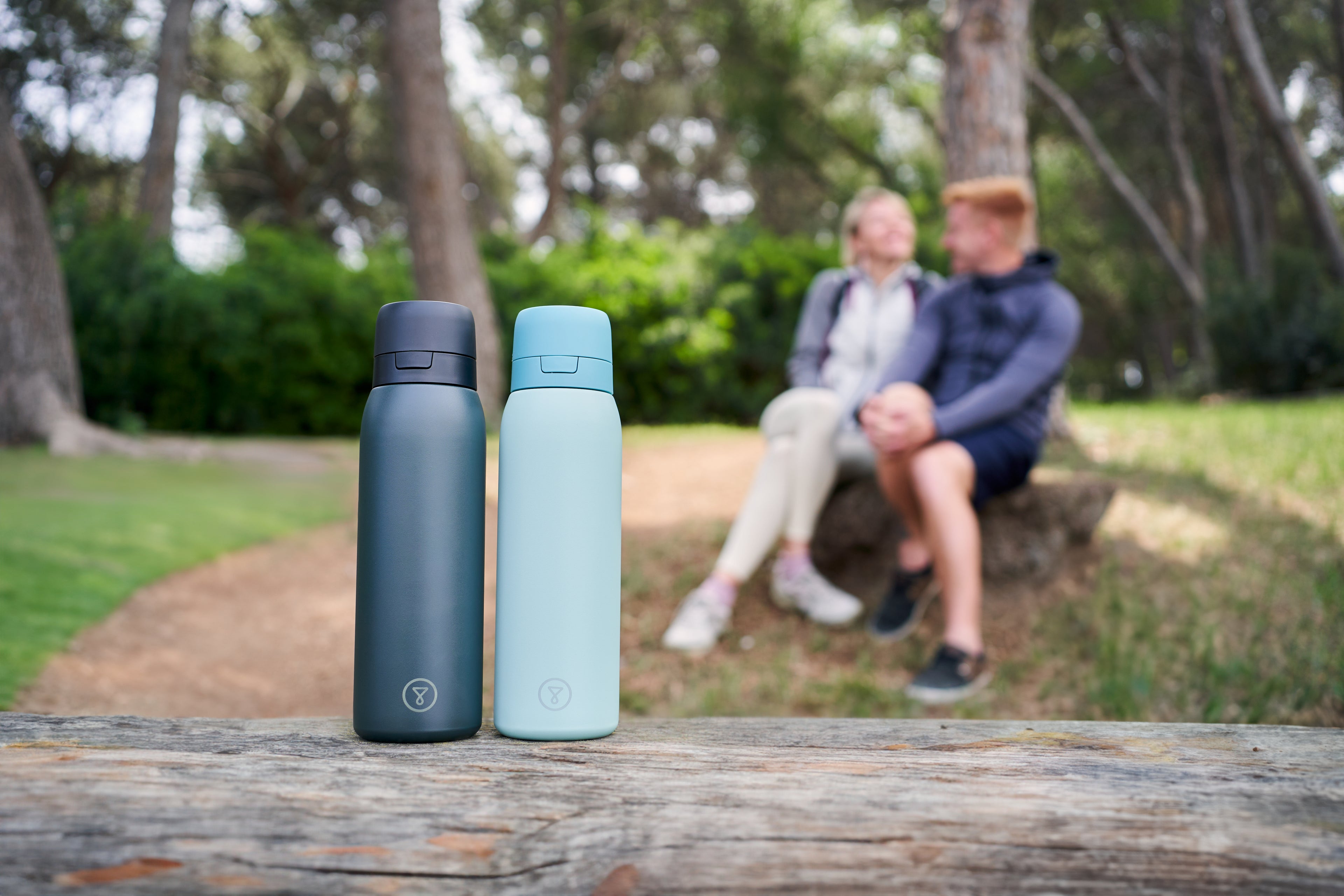
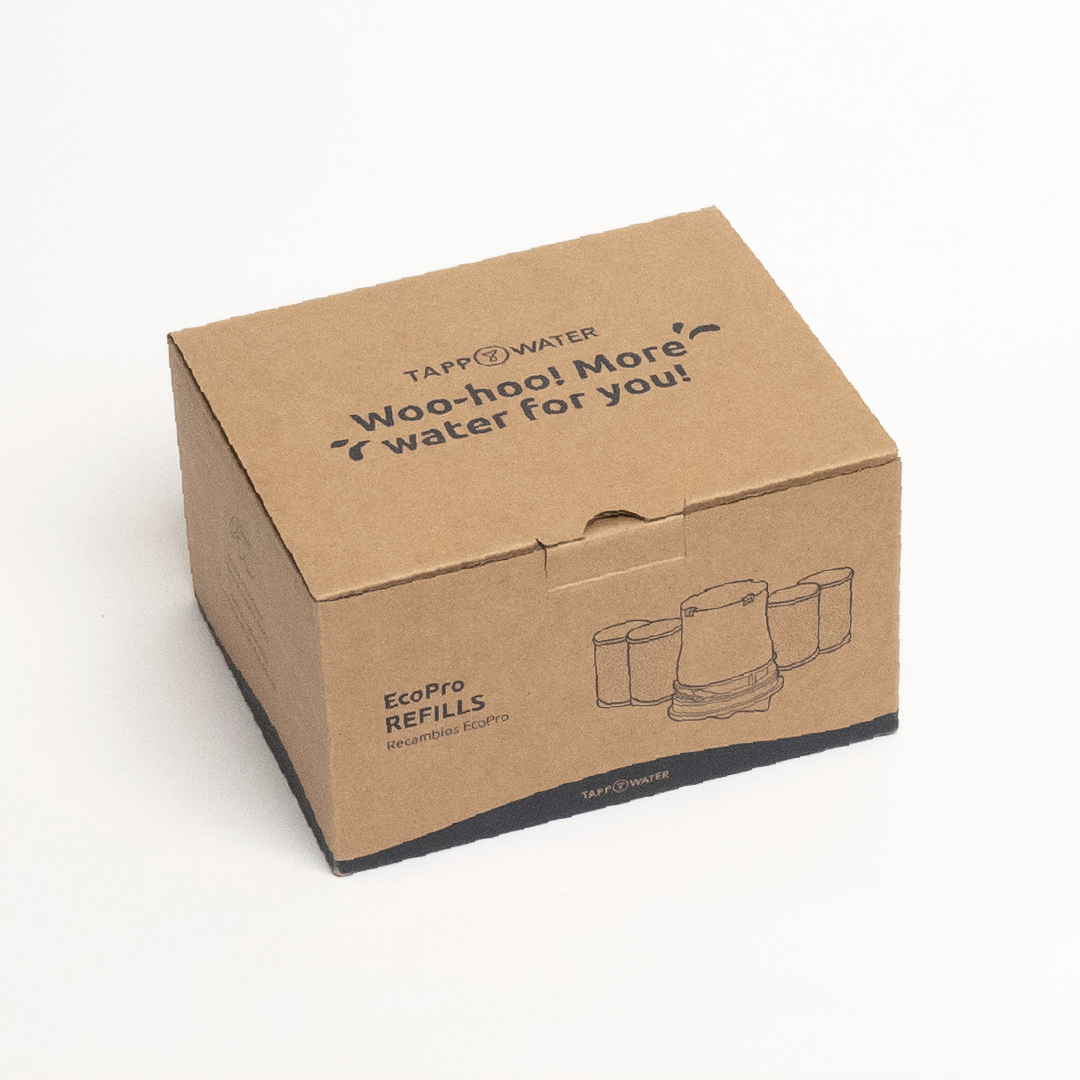
0 comments